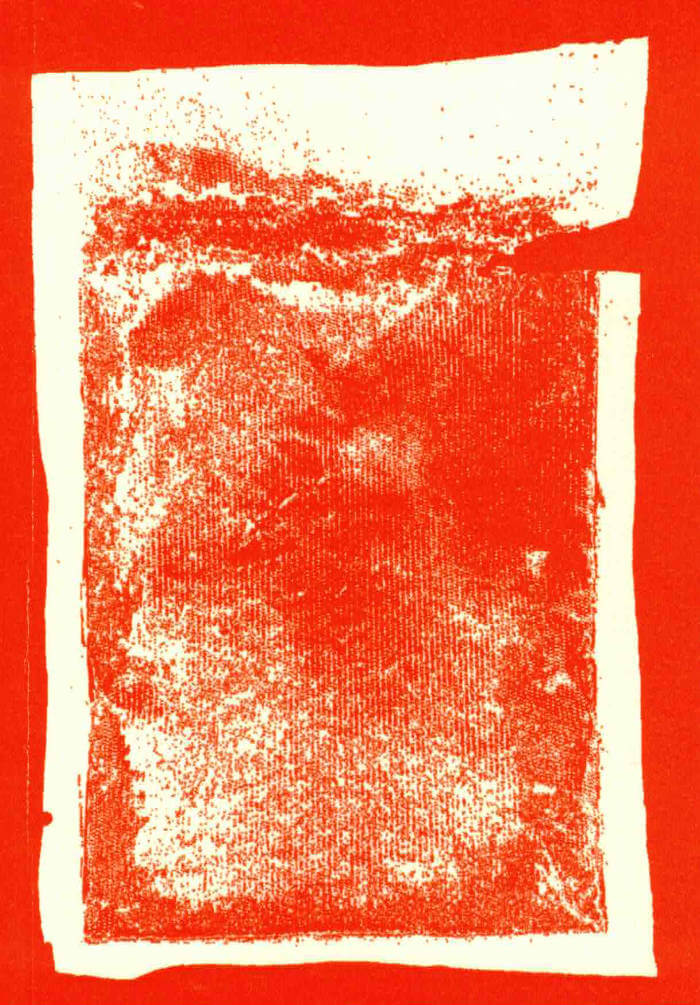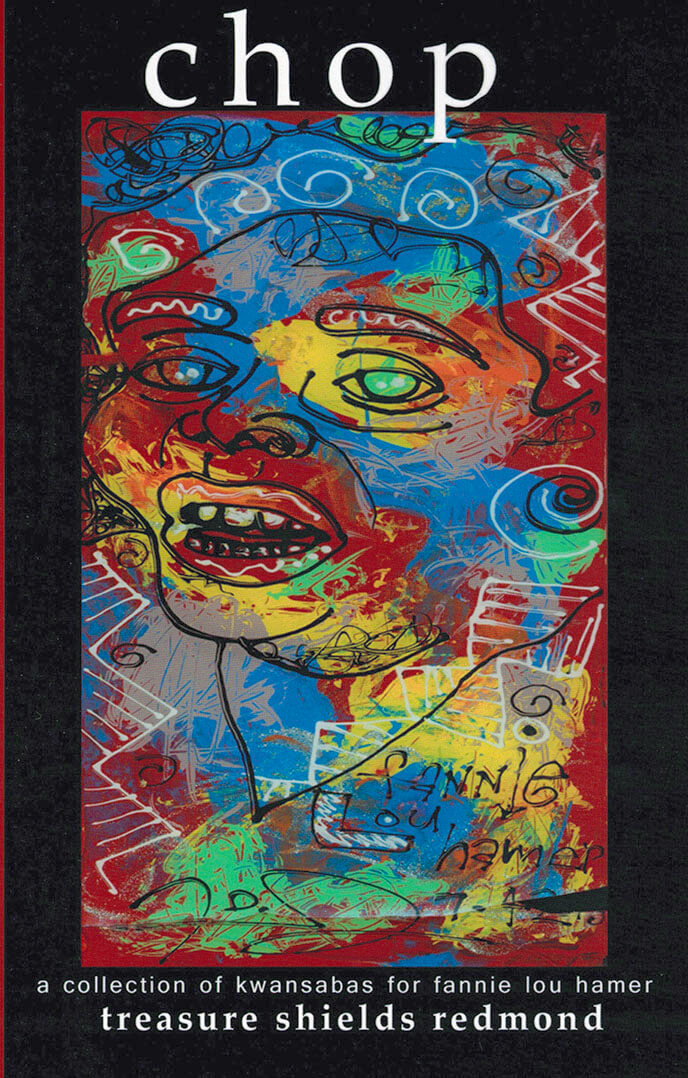
It begins in your bank and extends to your throat
This text begins with the mishearing of a word. It starts from the place of inconvenience and unravels a hearing not contained within one fixed conversation. A hearing that has been expanded into a writing that begins in your bank and extends to your throat when its language heard writes itself into and onto the muscles.
It begins in your bank and extends to your throat ruminates on how digital algorithms turn words into capital, disciplining language and the body. Its writing explores how search engines link profitability to vocabularies and how productivity dictates posture, raising whether we can separate language and our bodies from economic structures.







